Summaries of books about Biology:

Transcendence
How Humans Evolved through Fire, Language, Beauty, and Time
Gaia Vince
The book explores the pivotal role of four key elements—mastery of fire, development of language, appreciation of beauty, and perception of time—in the evolution of human culture and cognition. It delves into how these transformative tools have shaped human societies and enabled our species to dominate the planet.
See full summary
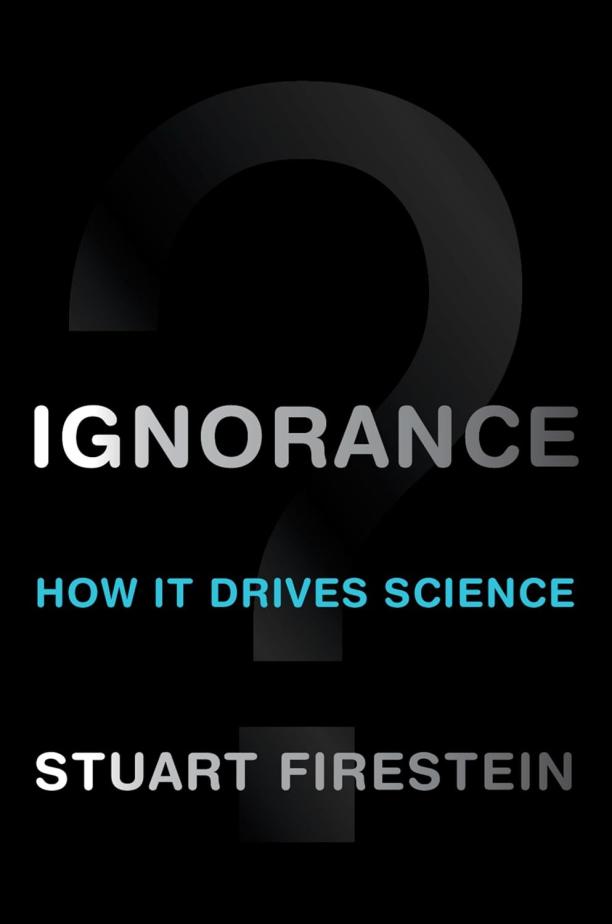
Ignorance
How It Drives Science
Stuart Firestein
The book argues that ignorance, or what we don't know, is the primary engine behind scientific inquiry, pushing researchers to ask new questions. It emphasizes the value of embracing uncertainty and the iterative process of discovery, rather than focusing solely on accumulated facts.
See full summary
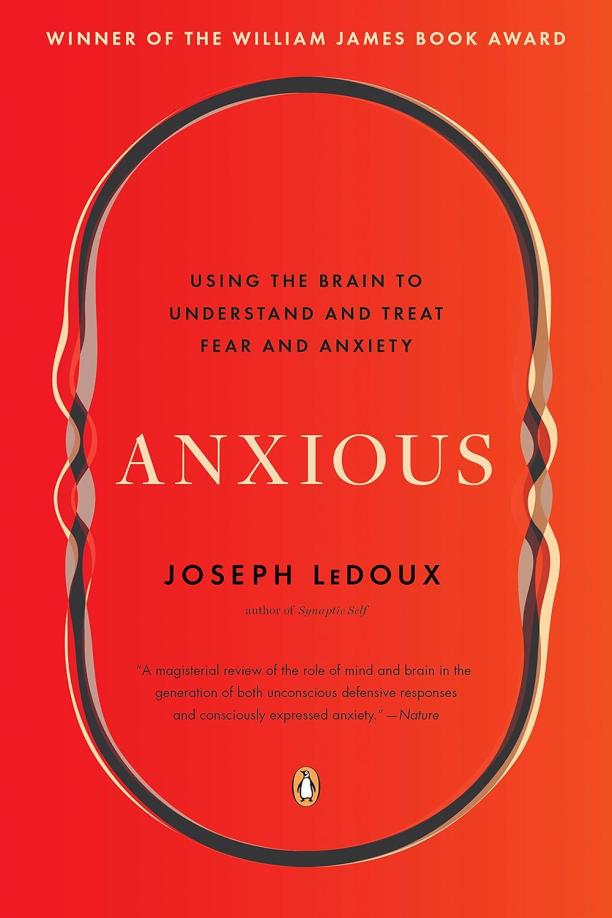
Anxious
Using the Brain to Understand and Treat Fear and Anxiety
Joseph Ledoux
The book delves into the complexities of the brain's fear and anxiety circuits, exploring how these emotions are formed and processed. It also discusses innovative approaches to treatment that go beyond traditional therapies, emphasizing the importance of understanding the underlying neural mechanisms.
See full summary
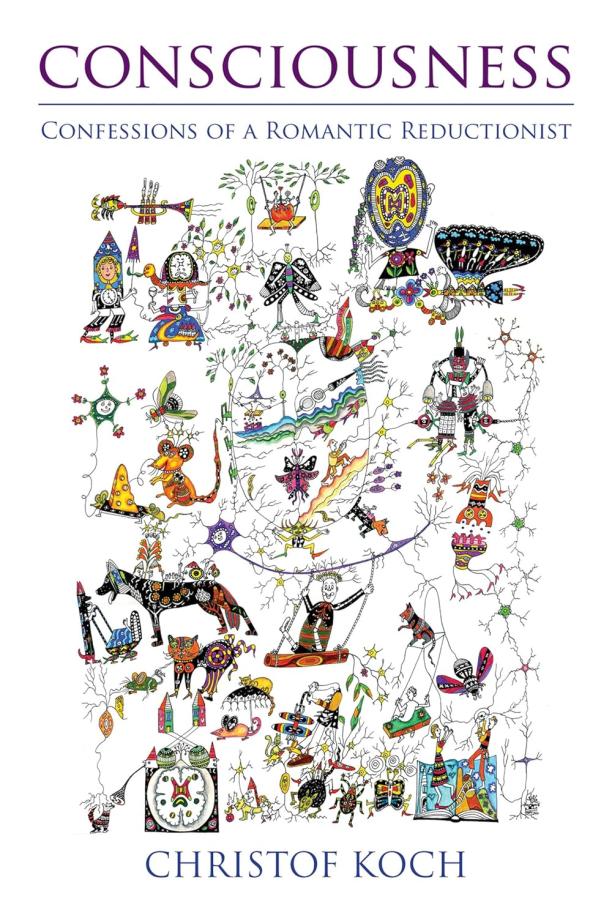
Consciousness
Confessions of a Romantic Reductionist
Christof Koch
The book explores the scientific quest to understand consciousness, blending personal narrative with insights from neuroscience and philosophy. It discusses the author's collaborations with Francis Crick and their work on the neural correlates of consciousness, proposing a framework to study the mind and its relation to the brain and the physical world.
See full summary
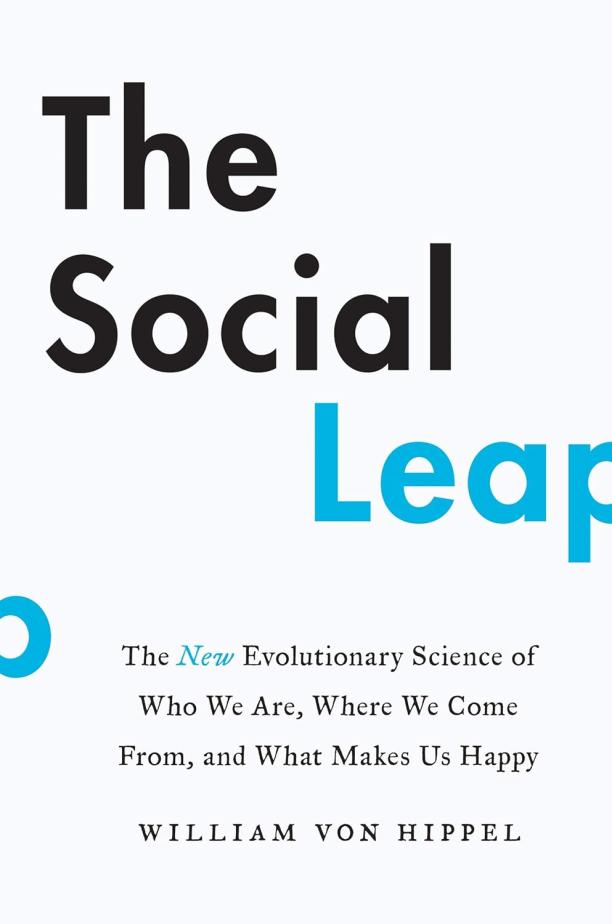
The Social Leap
The New Evolutionary Science of Who We Are, Where We Come From, and What Makes Us Happy
William von Hippel
The book explores the evolutionary journey that shaped human social behavior, tracing back to our ancestors' transition from the trees to the savanna. It examines how evolutionary pressures led to the development of unique social skills, cooperation, and the psychological mechanisms that contribute to our happiness and social success.
See full summary
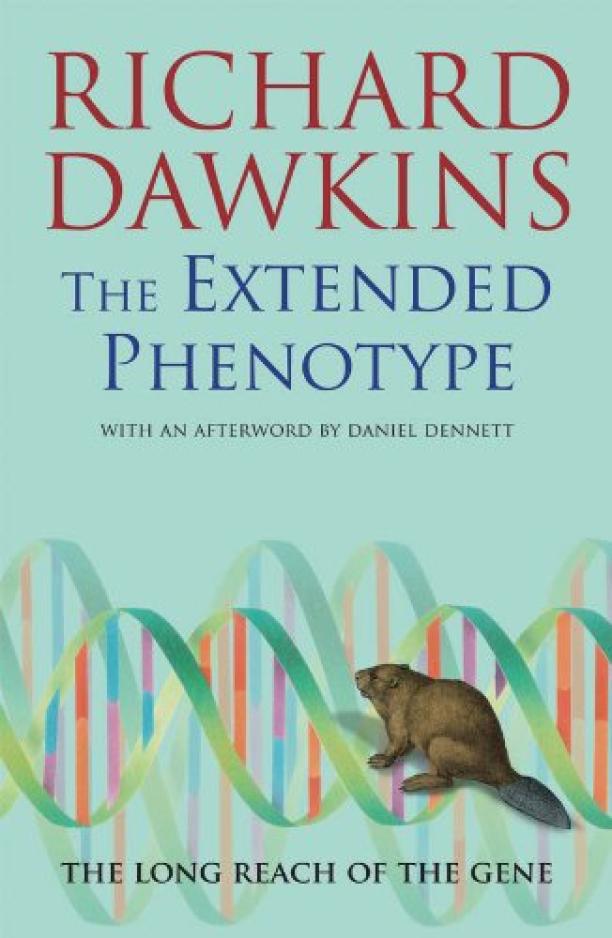
The Extended Phenotype
The Long Reach of the Gene
Richard Dawkins
The book explores the concept that a gene's influence extends beyond the organism's body to affect the environment and other organisms, arguing that genes are the primary units of natural selection. It discusses how animal behavior, such as the construction of nests or the manipulation of host species, can be viewed as an extension of a gene's survival strategy.
See full summary
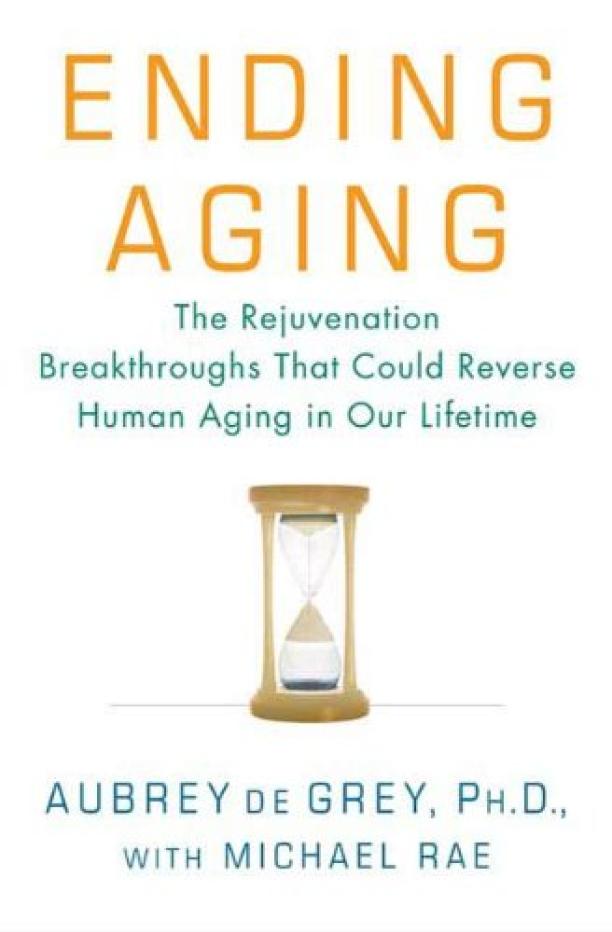
Ending Aging
The Rejuvenation Breakthroughs That Could Reverse Human Aging in Our Lifetime
Aubrey de Grey|Michael Rae
The book presents a comprehensive plan for combating the aging process through advanced biotechnology, detailing seven types of molecular and cellular damage that lead to aging and proposing strategies, known as the SENS (Strategies for Engineered Negligible Senescence) approach, for repairing this damage to extend healthy human lifespan. It combines scientific explanations with a call to action, urging support for the research that could transform the way humanity approaches the aging process and related diseases.
See full summary
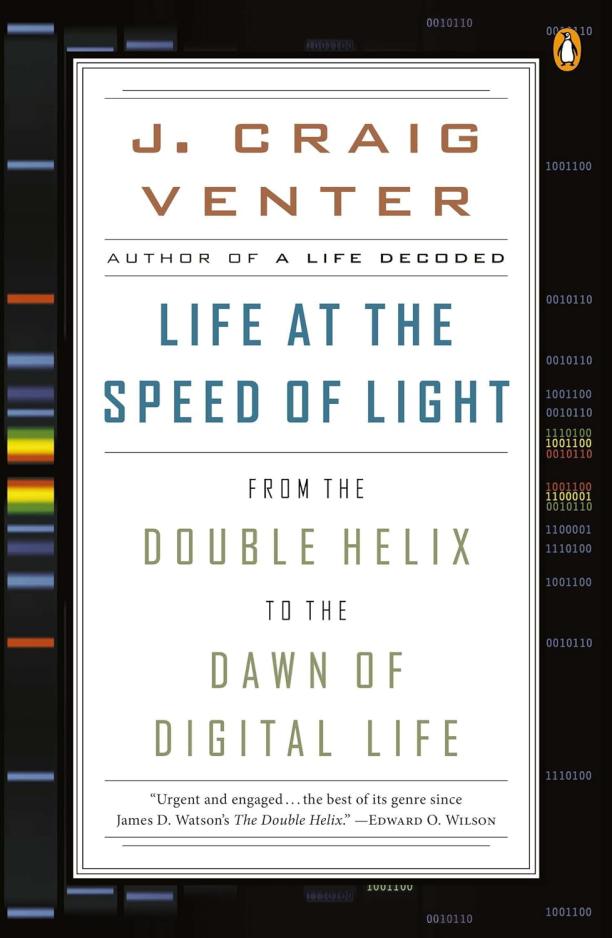
Life at the Speed of Light
From the Double Helix to the Dawn of Digital Life
J. Craig Venter
The book explores the scientific journey and implications of synthetic biology, detailing the creation of the first synthetic cell and the potential for engineering life. It discusses the convergence of biological and digital technologies, envisioning a future where life forms can be designed and programmed like computer software.
See full summary
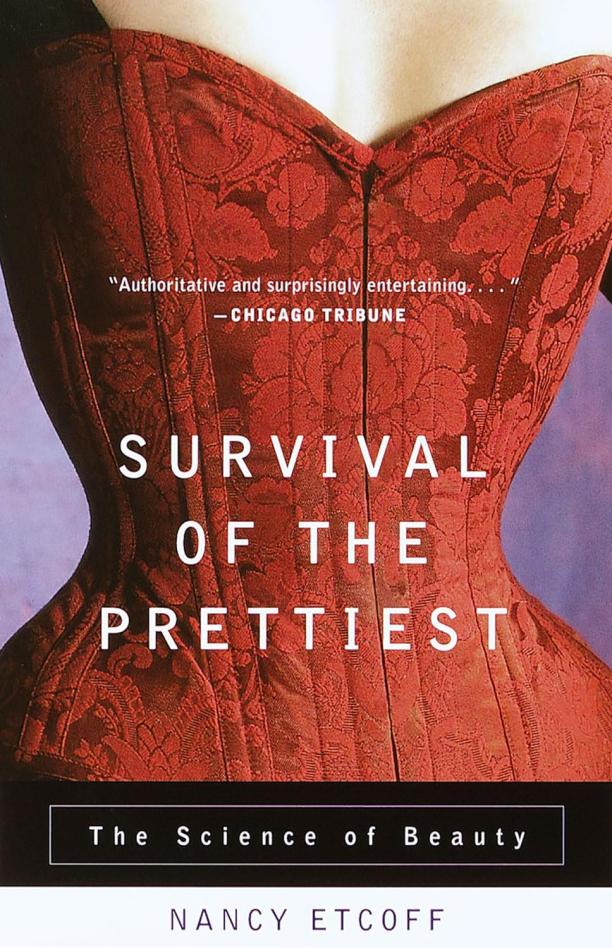
Survival of the Prettiest
The Science of Beauty
Nancy Etcoff
The book delves into the evolutionary and psychological underpinnings of human attraction, exploring why certain physical features are universally considered beautiful. It examines the role of beauty in human behavior, relationships, and cultural standards, drawing on research from biology, anthropology, and psychology.
See full summary
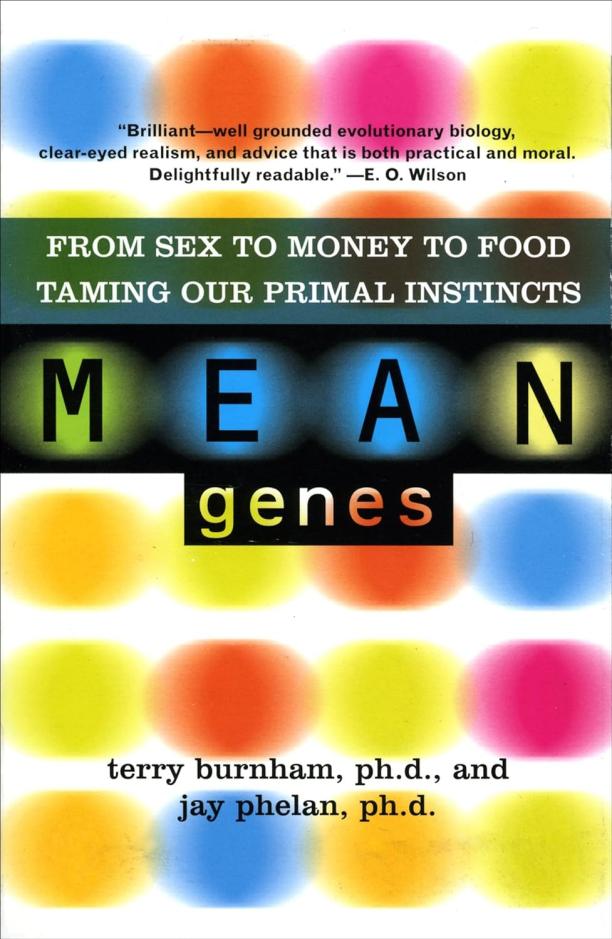
Mean Genes
From Sex To Money To Food: Taming Our Primal Instincts
Terry Burnham|Jay Phelan
The book explores the influence of evolutionary biology on human behavior, examining how genetic predispositions shape our actions and choices in areas such as competition, risk-taking, mating, and consumption. It offers insights into how understanding our "mean genes" can help us make better decisions and overcome instinctual drives that may not be well-suited to modern life.
See full summary